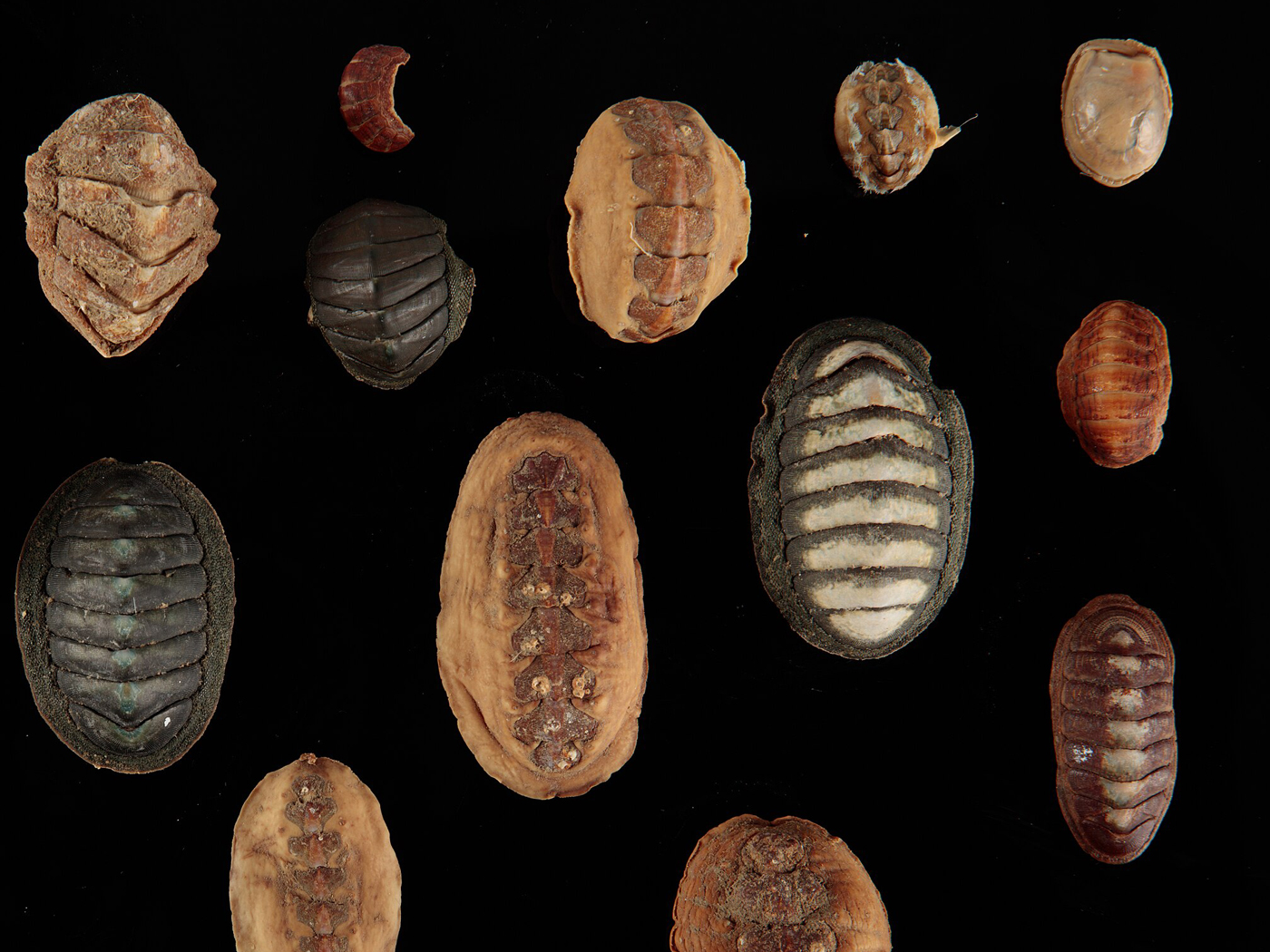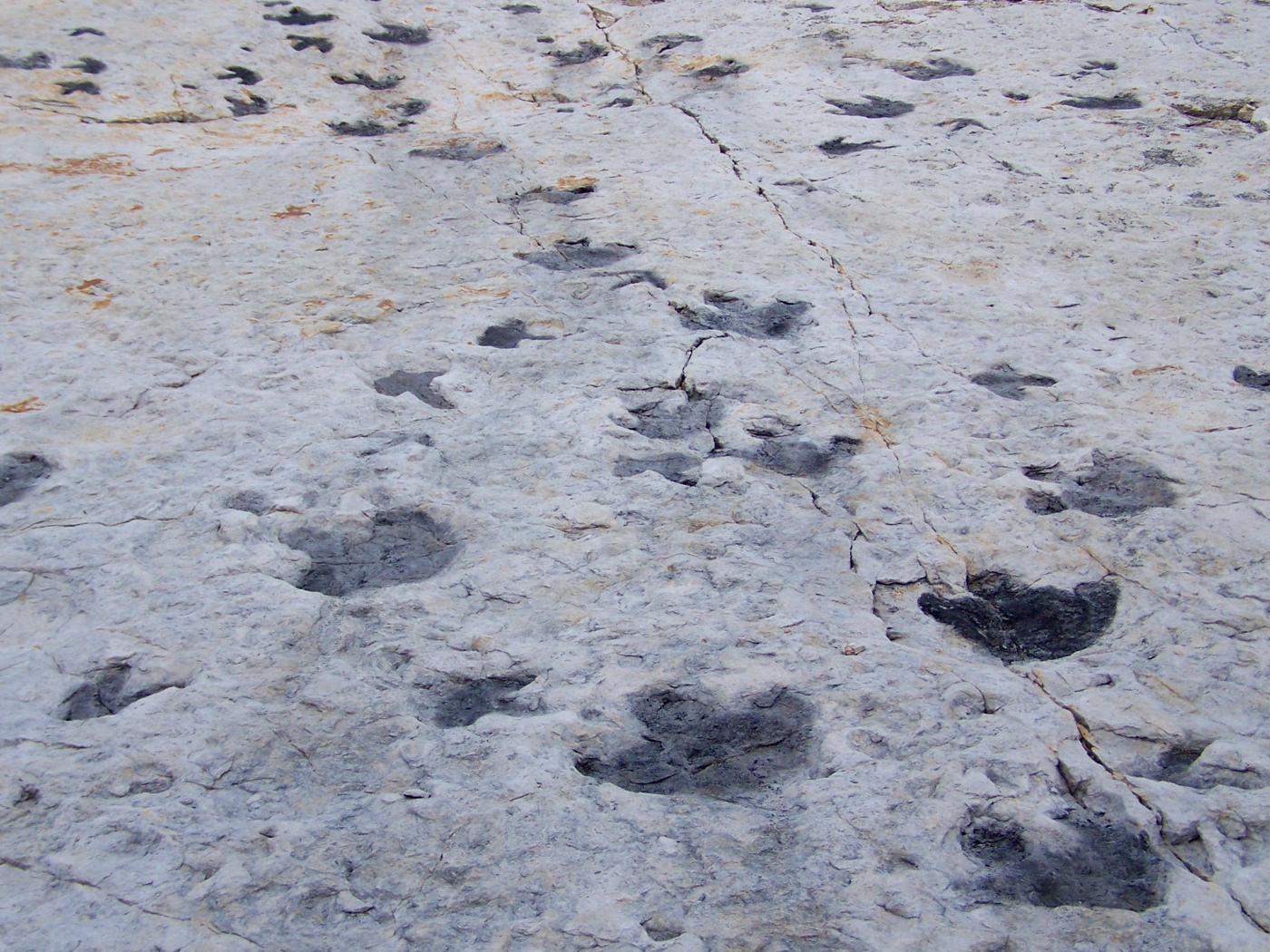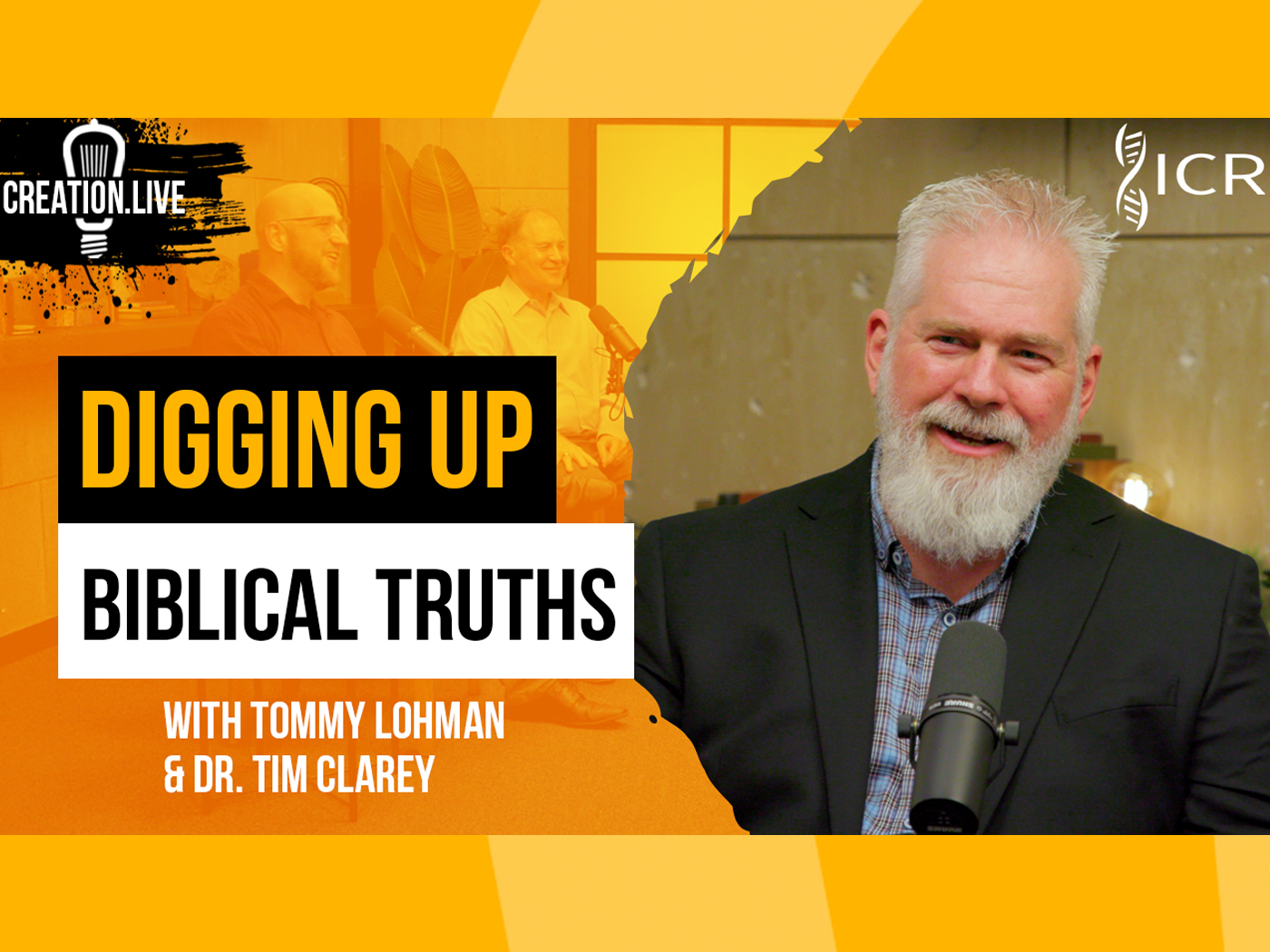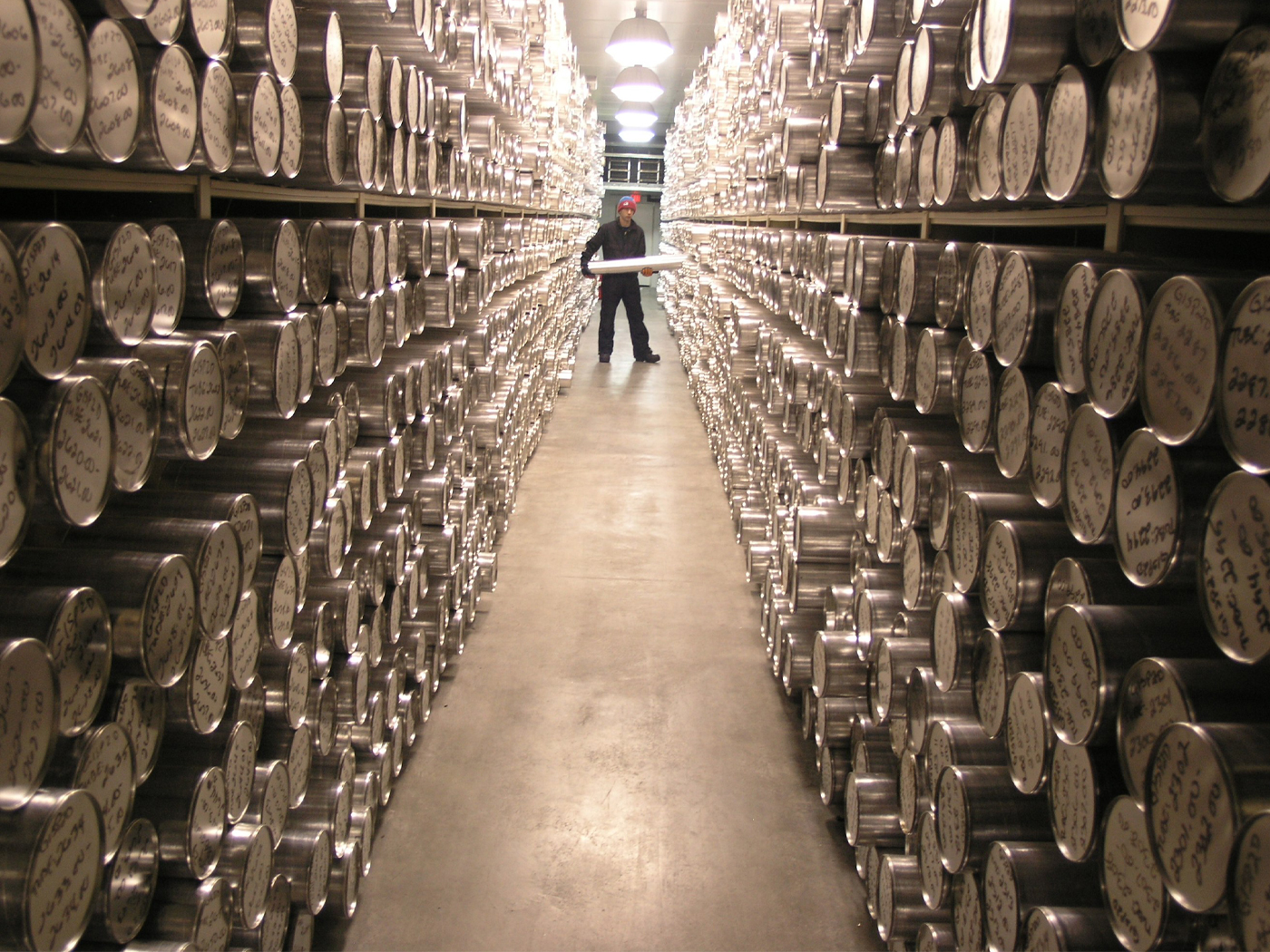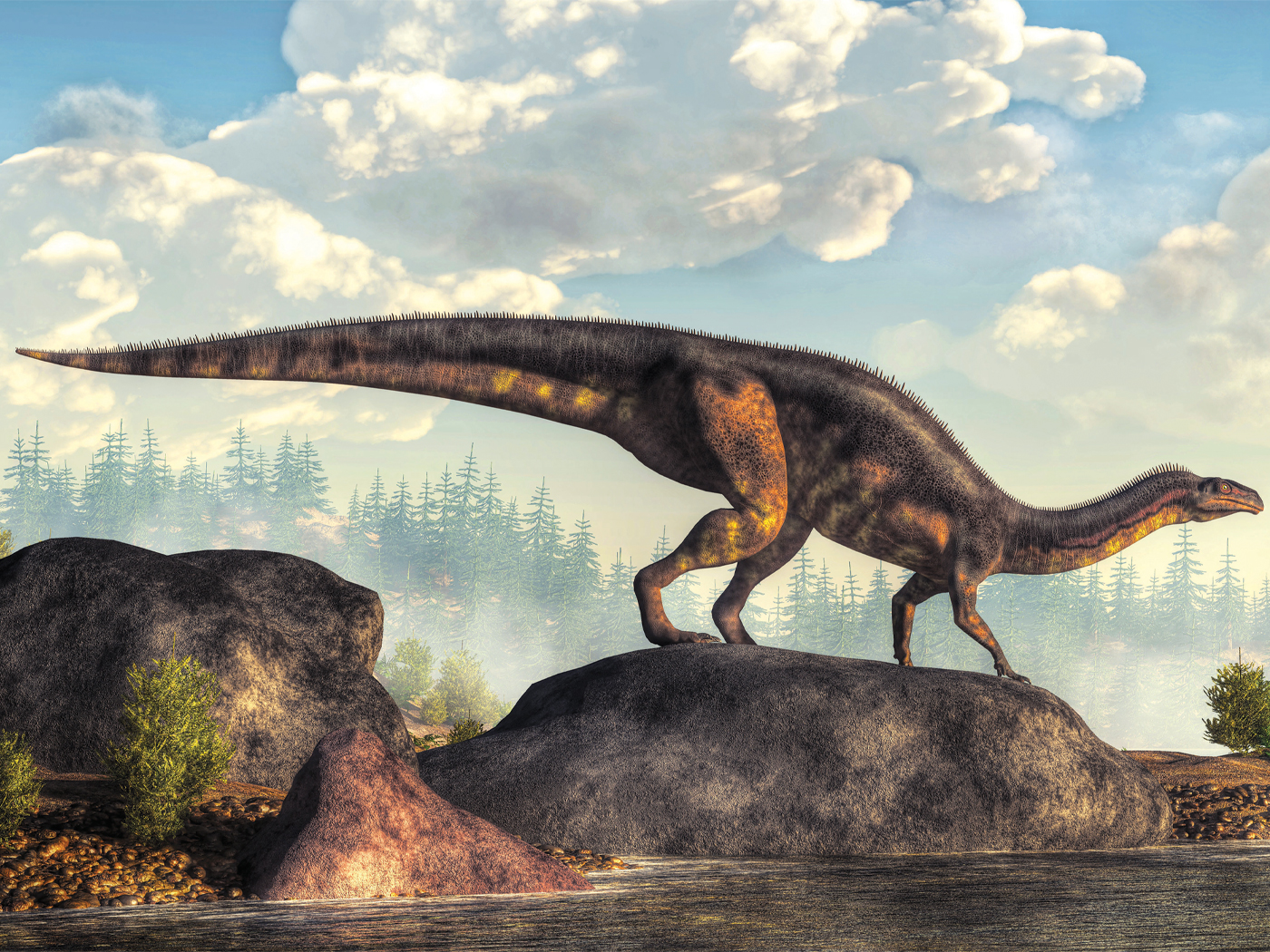Scientists are assumed to be unbiased, purely rational, doggedly factual. However, publicly exposed scientific frauds are helping to dispel that notion.
Several recent articles by the British Medical Journal (BMJ) focused on the problem of unpublished clinical research trial data. University of Oxford's Richard Lehman and journal editor Elizabeth Loder wrote of "a current culture of haphazard publication and incomplete data disclosure [that] make the proper analysis of the harms and benefits of common interventions almost impossible for systematic reviewers."1
Here's a sampling of recent issues that illustrate the problem:
- Massachusetts anesthesiologist Scott Reuben fabricated data that appeared in some or all of 21 journal articles he's written since at least 1996.2
- The BMJ suggested that the British parliament form an inquiry into the fraudulent research of Andrew Wakefield, whose 1998 article linking MMR vaccinations to autism was found to be "an elaborate fraud."3
- Korean researcher Hwang Woo Suk faked the creation of stem cells that he reported in the journal Science.4 Also, his 2005 claim of having cloned the world's first dog was proven false, though both patient-specific stem cells and dog cloning are now realities.5
- "And November [2011] saw the dramatic arrest and brief jailing of Judy Mikovits, prominent for her work (now partially retracted) linking chronic fatigue syndrome to a virus."6
The problem of publication bias—in which manuscripts are only accepted for publication if they align with the reviewers' predisposed ideologies—has a long history.7 It is a life-threatening problem if data critical to accurate medical treatment is withheld from researchers. For this reason, the "fraud" alarms ring faster and louder within the medical sciences. How much more easily can researchers just make up results when it comes to more historical sciences such as biology or anthropology?
Here are some of those instances in such fields:
- In 2010, it was reported that researchers "uncovered extensive fraud" committed by two groups of Chinese chemists from Jinggangshan University. The groups had to retract 70 published papers, and The Sydney Morning Herald reported that more such fraud on their behalf may yet be discovered.8
- Many are now aware that illegitimate conclusions and leaps in logic were used by political and scientific leaders, as well as others, to twist global temperature trends into what American Thinker called "the science basis for prosperity-killing international climate policy,"9 now popularly known as "climategate."10
- In 2005, MIT fired immunologist Luk Van Parijs for "making up data in a published scientific paper, grant applications, and manuscripts."11
- Also in 2005, Lamar University sociology professor Thomas Brown discovered that University of Colorado professor Ward Churchill simply made up historical accounts of Native Americans in his book A Little Matter of Genocide.12
- Tilburg University in the Netherlands suspended Dutch psychologist Diederik Stapel in September 2011 after discovering that he had faked research for many years. Stapel admitted in a statement posted on the Internet, "I have adjusted research data and faked research. Not just once, but many several times, and not just briefly, but over a long period of time."13 He had just published in the journal Science.
Since Stapel was able to fake results for so long without getting caught, one wonders how much more misconduct litters the steady stream of scientific output. Apparently scientists, just like any other people, have biases and are subject to complicated personal motivations.14 As such, scientific conclusions should not be uncritically accepted, whether in the realm of academia or the world of public opinion.
References
- Lehman, R. and E. Loder. 2012. Missing clinical trial data. British Medical Journal. 344: d8158.
- Harris, G. Doctor's Pain Studies Were Fabricated, Hospital Says. The New York Times. Posted on nytimes.com March 10, 2009, accessed January 5, 2012.
- MMR fraud needs parliamentary inquiry, says BMJ, as new information puts spotlight on Wakefield's co-authors. British Medical Journal press release, November 9, 2011.
- Faked Research on Stem Cells Is Confirmed by Korean Panel. Associated Press, December 23, 2005.
- S Korea cloning research was fake. BBC News. Posted on news.bbc.co.uk December 23, 2005, accessed January 6, 2012.
- Van Noorden, R. 2012. 365 Days: 2011 in review. Nature. 480 (7378): 427.
- Dickersin, K. 1997. How important is publication bias? A synthesis of available data. AIDS Education and Prevention. 9 (1 Suppl): 15-21.
- Chinese scientists caught faking research papers. The Sydney Morning Herald. Posted on smh.com.au January 9, 2010, accessed January 6, 2012.
- Singer, S. F. Fake! Fake! Fake! Fake! American Thinker. Posted on americanthinker.com January 2, 2012, accessed January 6, 2012.
- See Vardiman, L. 2010. Climategate: Begging the Question. Acts & Facts. 39 (5): 12-13.
- Shepard, J. List of research fraud grows as MIT star is fired for faking data. Times Higher Education. Posted on timeshighereducation.co.uk November 4, 2005, accessed January 6, 2012.
- Kelly, D. Colorado Professor Faces Claims of Academic Fraud. Los Angeles Times. Posted on articles.latimes.com February 12, 2005, accessed January 6, 2012.
- Kelland, K. Dutch psychologist admits he made up research data. Reuters, November 2, 2011.
- Why "Scientific Consensus" Fails to Persuade. National Science Foundation press release, September 13, 2010.
* Mr. Thomas is Science Writer at the Institute for Creation Research.
Article posted on January 13, 2012.









